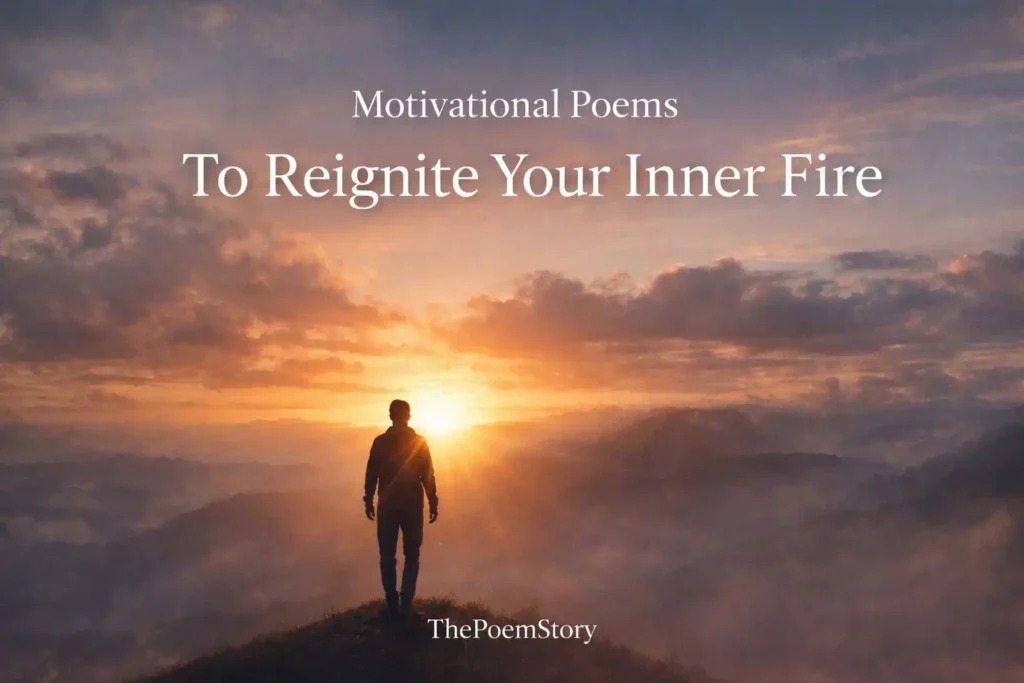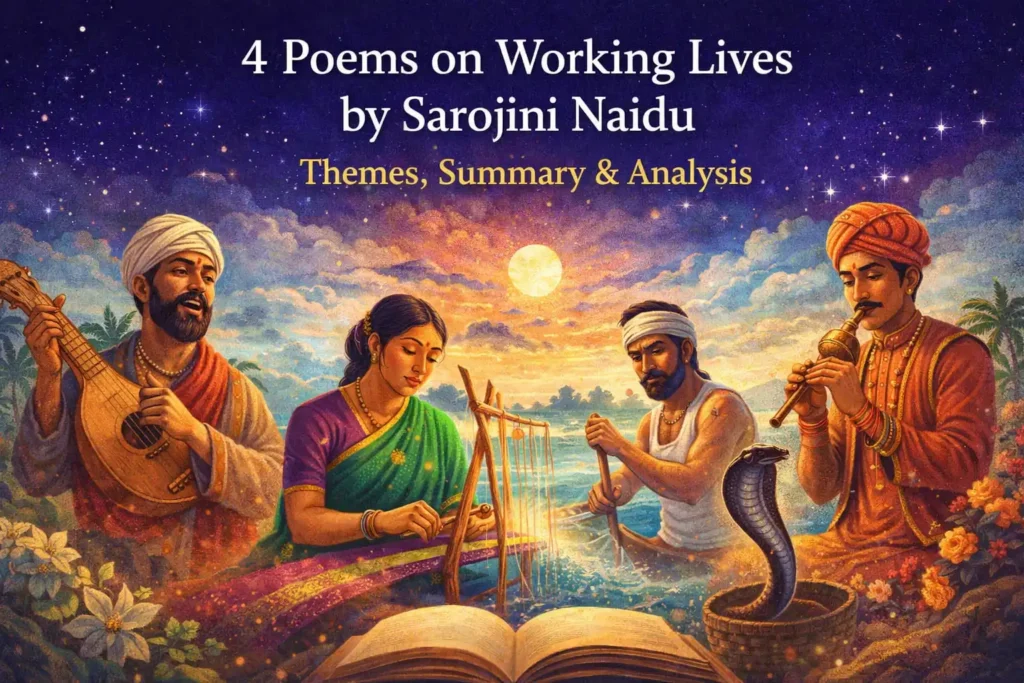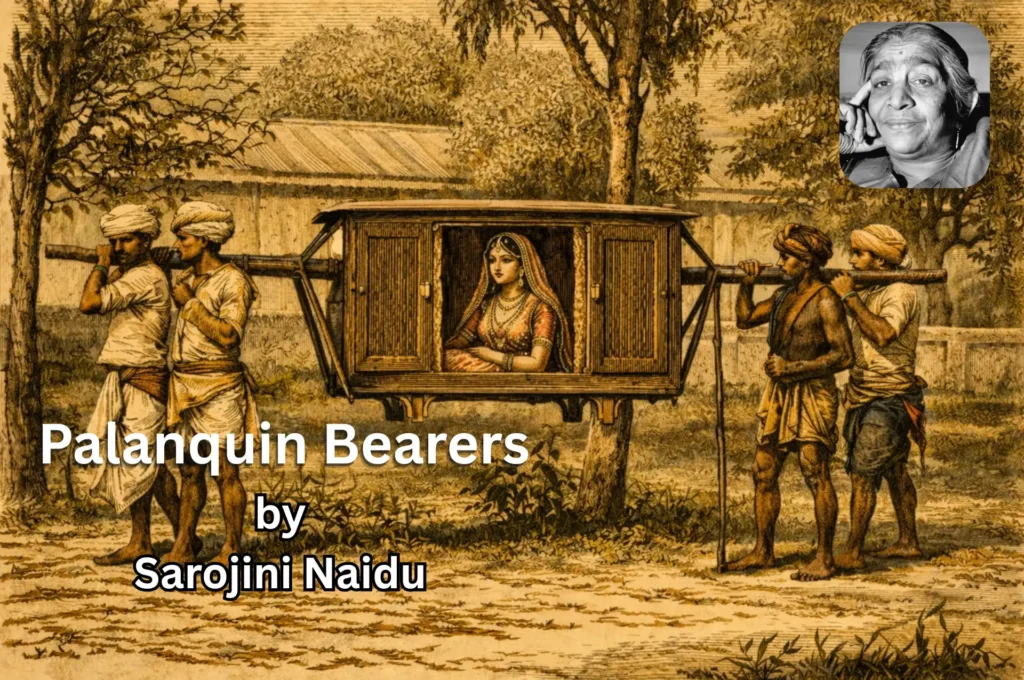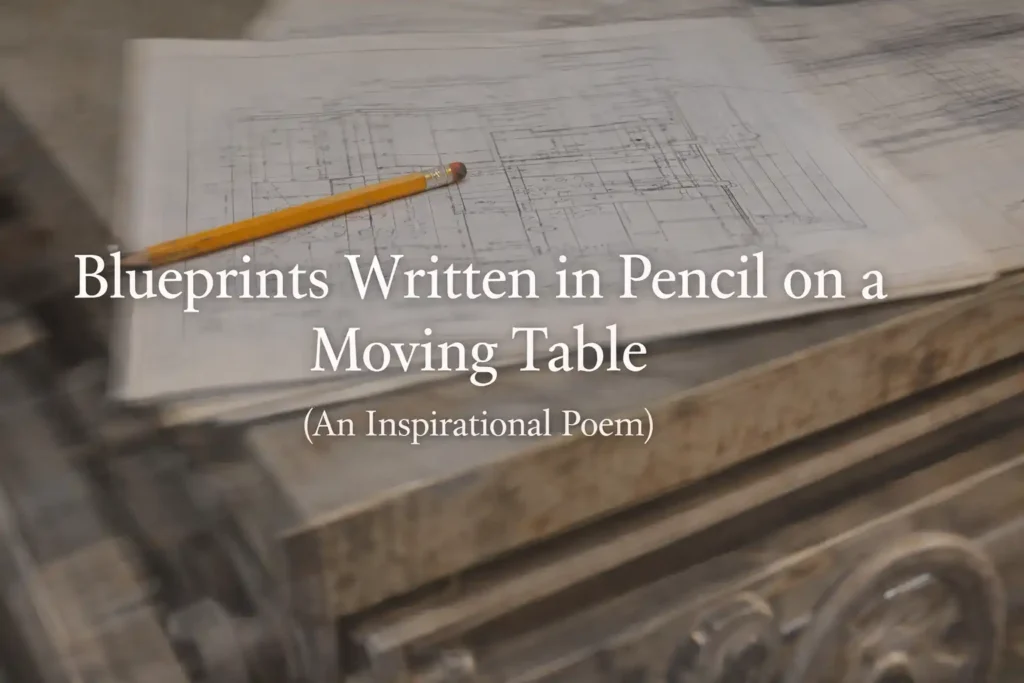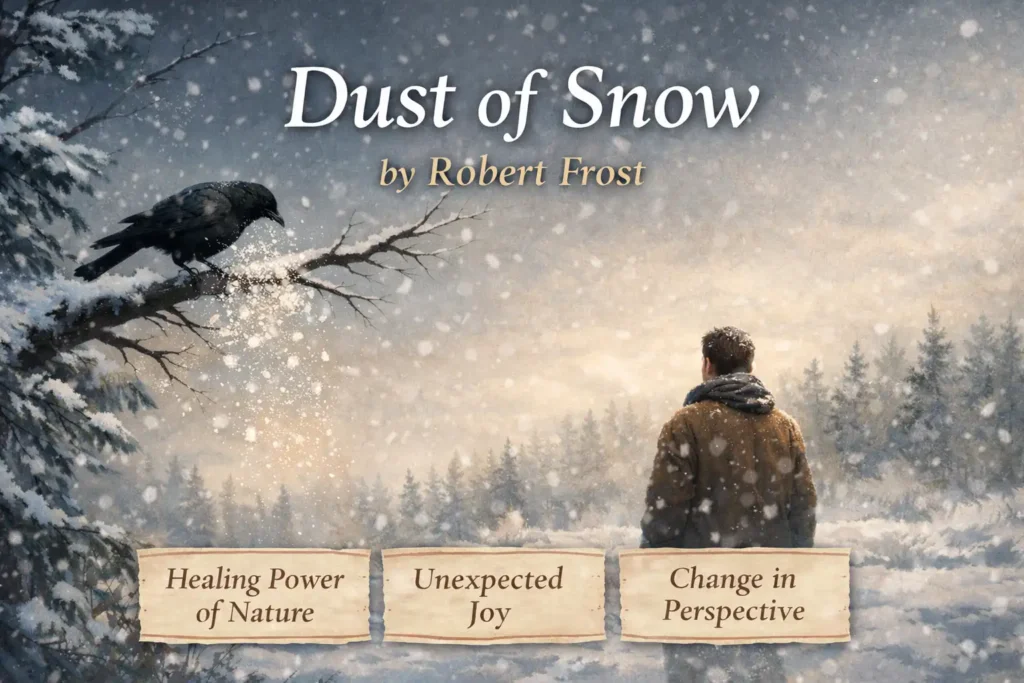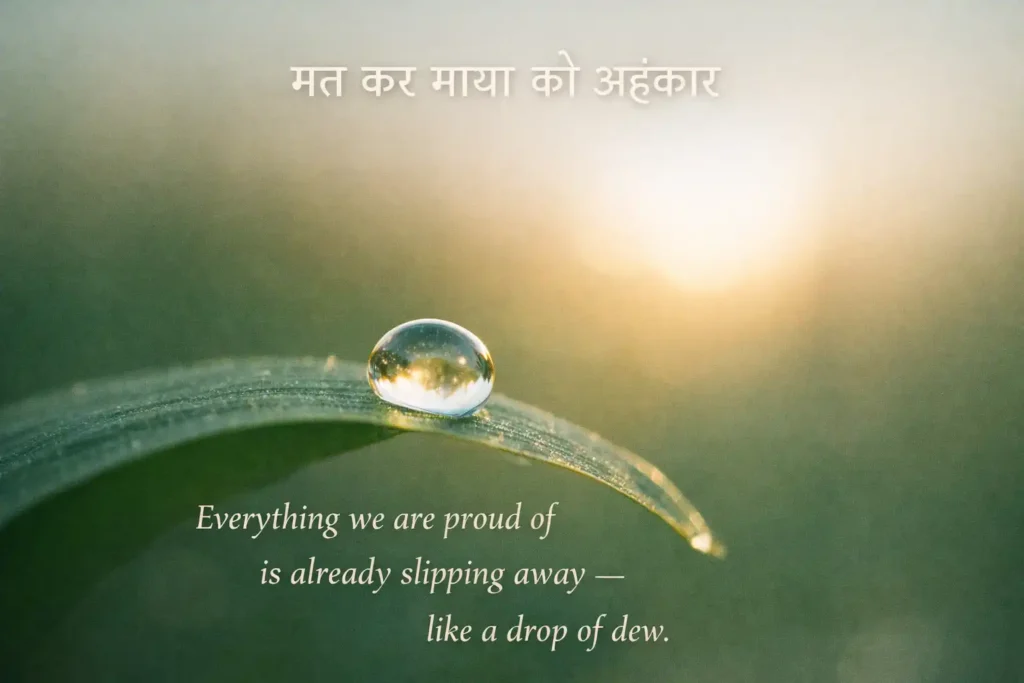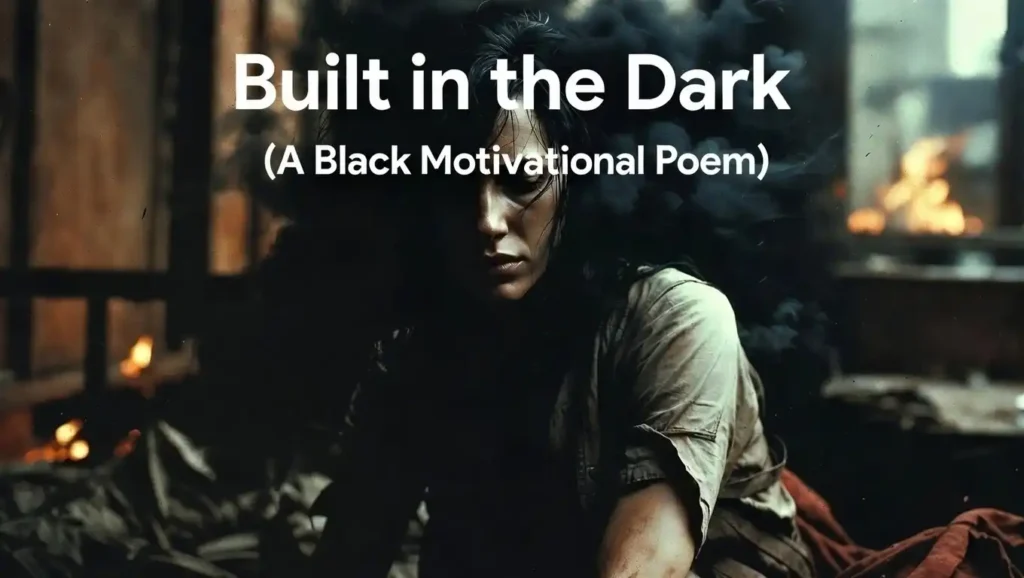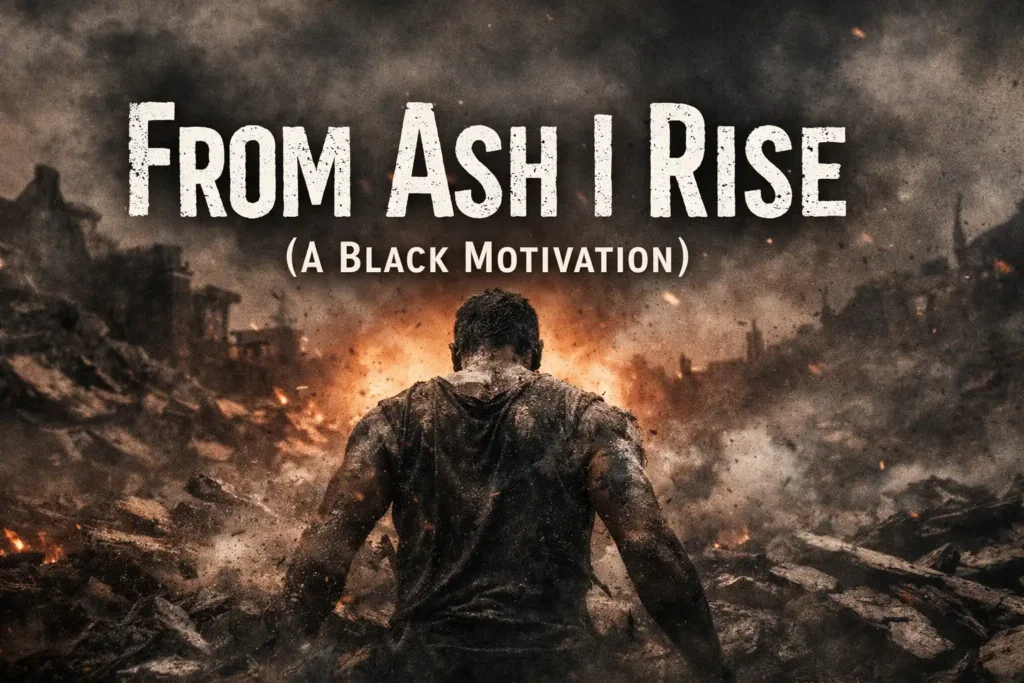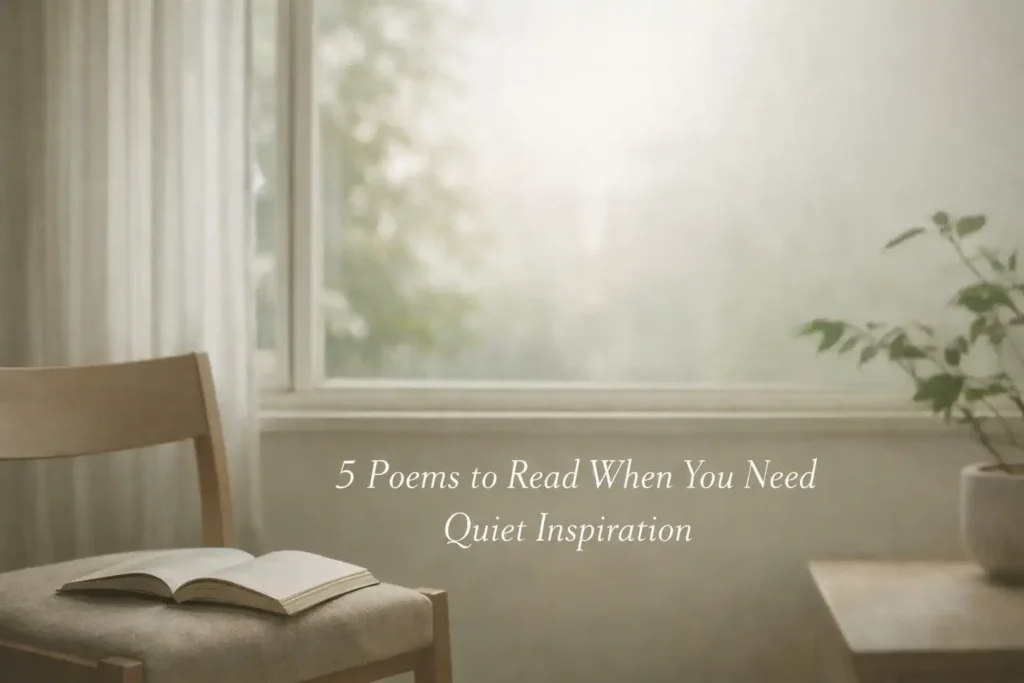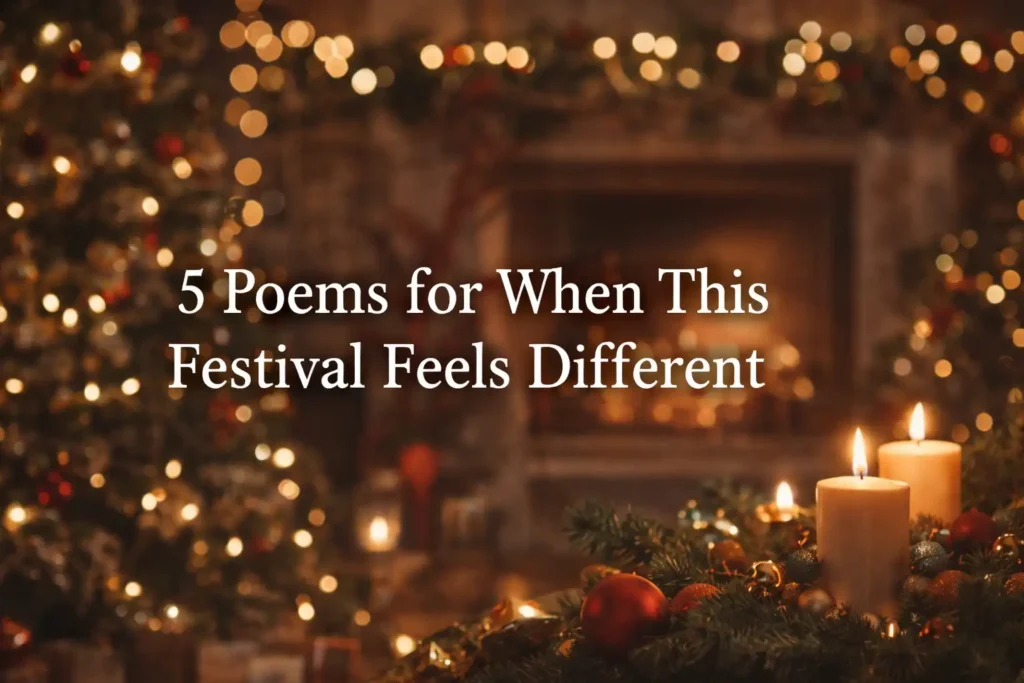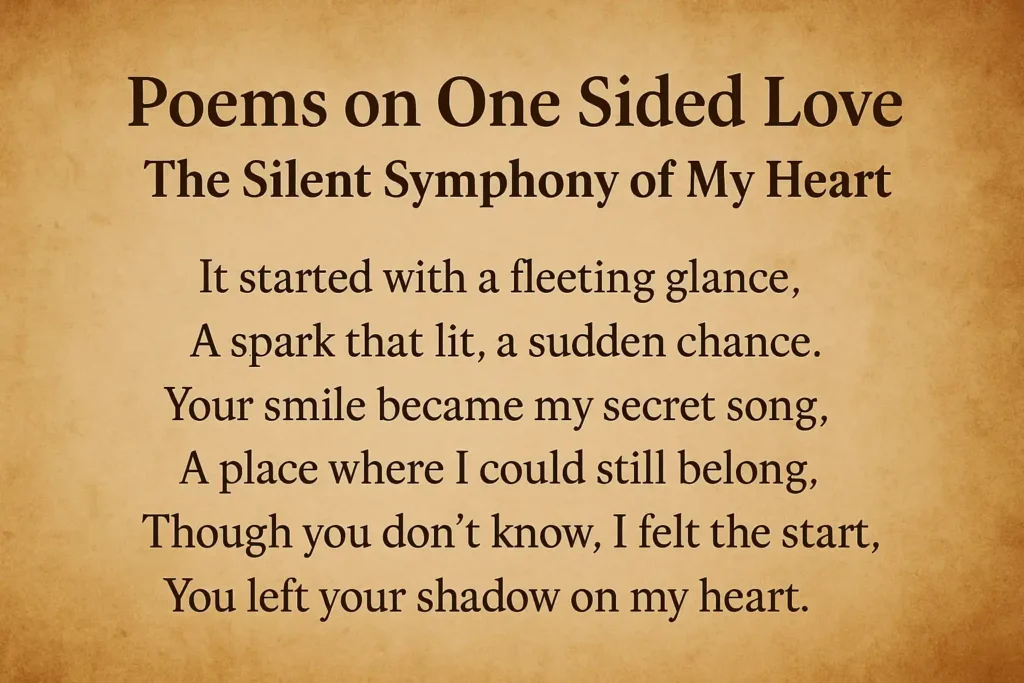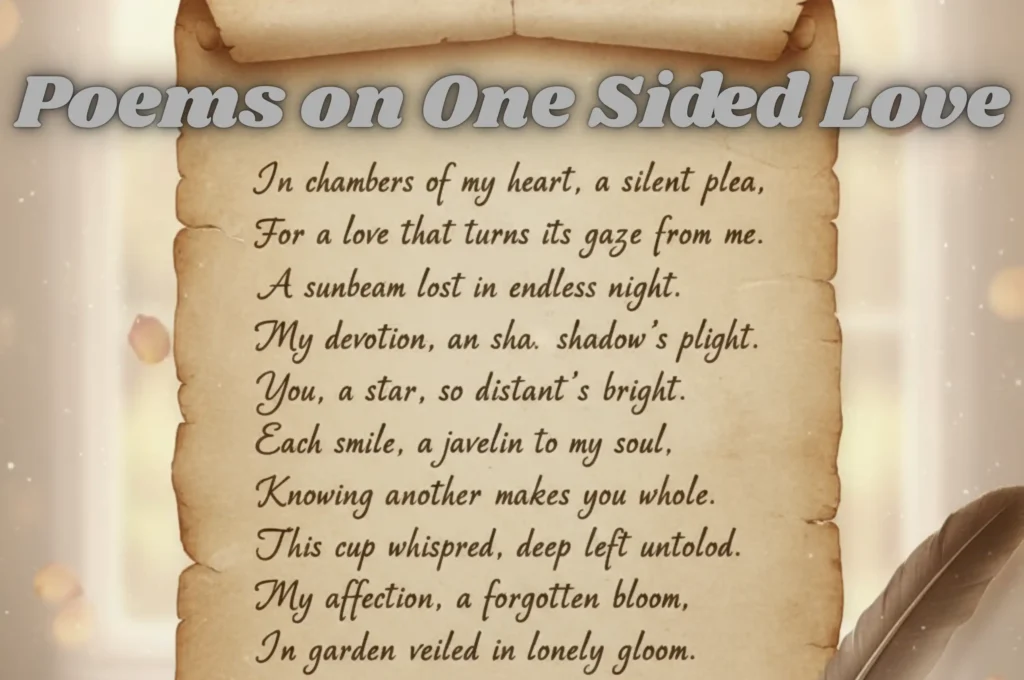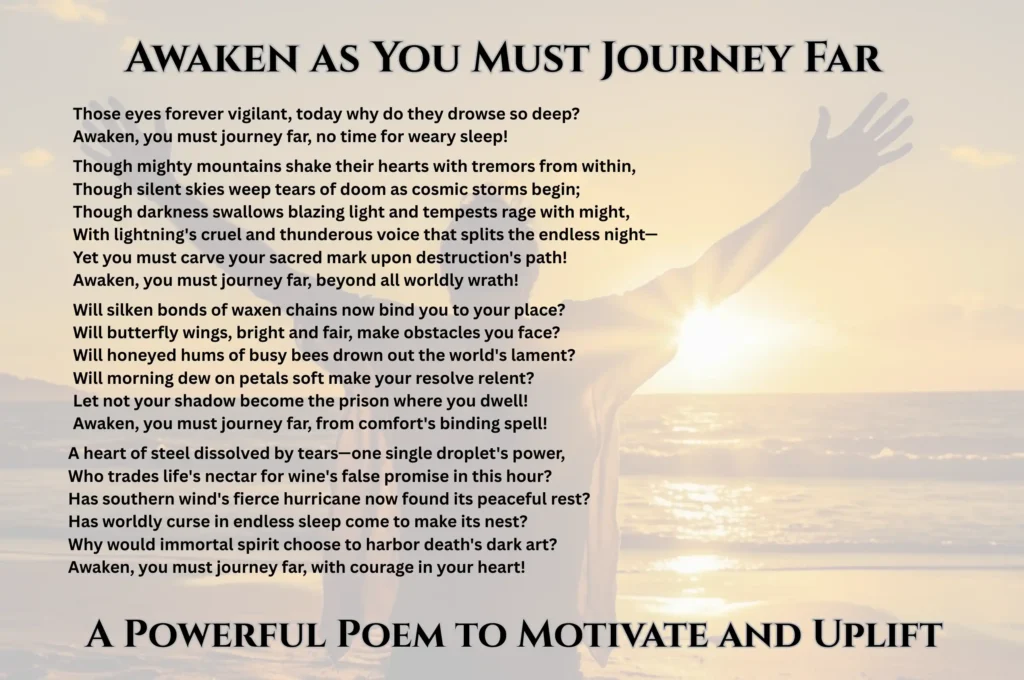For Annie by Edgar Allan Poe is a haunting yet serene meditation on death, suffering, and love. Published in 1849, the same year as Poe’s death, the poem reflects his lifelong struggles with illness, emotional turmoil, and his deep yearning for peace. Unlike many of Poe’s darker works that depict death as eerie or tragic, For Annie presents it as a soothing release from the “fever called Living,” offering a contrast between the pain of existence and the tranquility of death.
The poem is dedicated to “Annie,” widely believed to be Nancy Richmond, a married woman with whom Poe shared a deep emotional bond. Through vivid imagery and flowing rhythm, Poe describes the speaker’s relief from suffering as he lies in bed, appearing dead but feeling liberated. Annie’s love serves as a guiding light, giving the speaker comfort even in the afterlife.
This poem stands out as one of Poe’s most personal and introspective works, blending themes of mortality with devotion and longing. It invites readers to reflect on the nature of suffering, the solace of love, and the peaceful finality of death.
Explore: Poets and Poetry Page | Famous Quotes by Edgar Allan Poe | Edgar Allan Poe Biography | Poems by Edgar Allan Poe |

Table of Contents
For Annie by Edgar Allan Poe
Thank Heaven! the crisis-
~ For Annie by Edgar Allan Poe
The danger is past,
And the lingering illness
Is over at last-
And the fever called “Living”
Is conquered at last.
Sadly, I know
I am shorn of my strength,
And no muscle I move
As I lie at full length-
But no matter!-I feel
I am better at length.
And I rest so composedly,
Now, in my bed
That any beholder
Might fancy me dead-
Might start at beholding me,
Thinking me dead.
The moaning and groaning,
The sighing and sobbing,
Are quieted now,
With that horrible throbbing
At heart:- ah, that horrible,
Horrible throbbing!
The sickness- the nausea-
The pitiless pain-
Have ceased, with the fever
That maddened my brain-
With the fever called “Living”
That burned in my brain.
And oh! of all tortures
That torture the worst
Has abated- the terrible
Torture of thirst
For the naphthaline river
Of Passion accurst:-
I have drunk of a water
That quenches all thirst:-
Of a water that flows,
With a lullaby sound,
From a spring but a very few
Feet under ground-
From a cavern not very far
Down under ground.
And ah! let it never
Be foolishly said
That my room it is gloomy
And narrow my bed;
For man never slept
In a different bed-
And, to sleep, you must slumber
In just such a bed.
My tantalized spirit
Here blandly reposes,
Forgetting, or never
Regretting its roses-
Its old agitations
Of myrtles and roses:
For now, while so quietly
Lying, it fancies
A holier odor
About it, of pansies-
A rosemary odor,
Commingled with pansies-
With rue and the beautiful
Puritan pansies.
And so it lies happily,
Bathing in many
A dream of the truth
And the beauty of Annie-
Drowned in a bath
Of the tresses of Annie.
She tenderly kissed me,
She fondly caressed,
And then I fell gently
To sleep on her breast-
Deeply to sleep
From the heaven of her breast.
When the light was extinguished,
She covered me warm,
And she prayed to the angels
To keep me from harm-
To the queen of the angels
To shield me from harm.
And I lie so composedly,
Now, in my bed,
(Knowing her love)
That you fancy me dead-
And I rest so contentedly,
Now, in my bed,
(With her love at my breast)
That you fancy me dead-
That you shudder to look at me,
Thinking me dead.
But my heart it is brighter
Than all of the many
Stars in the sky,
For it sparkles with Annie-
It glows with the light
Of the love of my Annie-
With the thought of the light
Of the eyes of my Annie.
Line-by-Line Meaning and Analysis of For Annie by Edgar Allan Poe
Stanza 1: For Annie by Edgar Allan Poe
“Thank Heaven! the crisis—
~ For Annie by Edgar Allan Poe
The danger is past,
And the lingering illness
Is over at last—
And the fever called ‘Living’
Is conquered at last.”
Meaning:
The speaker expresses relief that a difficult period has ended. He describes life as an illness, referring to it as a “fever.” The phrase “fever called ‘Living’” suggests that life itself is a painful, exhausting condition, and he is finally free from it.
Analysis:
- The speaker expresses relief, thanking Heaven that the crisis has passed.
- “The lingering illness” suggests prolonged suffering, possibly both physical and emotional.
- The “fever called ‘Living’” metaphorically equates life itself to a fever—something painful, exhausting, and ultimately conquerable through death.
- The phrase “conquered at last” implies that death is not a defeat but rather a form of victory over suffering.
Stanza 2: For Annie by Edgar Allan Poe
“Sadly, I know
~ For Annie by Edgar Allan Poe
I am shorn of my strength,
And no muscle I move
As I lie at full length—
But no matter!—I feel
I am better at length.”
Meaning:
The speaker acknowledges that he has lost all strength and cannot move. He lies completely still, likely in death. However, he feels at peace despite this condition.
Analysis:
- The speaker acknowledges weakness, suggesting that he is physically drained or possibly dead.
- “No muscle I move” could imply either paralysis due to illness or a metaphorical reference to being at rest in death.
- The phrase “I am better at length” suggests that despite his immobility, he feels peace—a contrast to the pain of life.
Stanza 3: For Annie by Edgar Allan Poe
“And I rest so composedly,
~ For Annie by Edgar Allan Poe
Now, in my bed,
That any beholder
Might fancy me dead—
Might start at beholding me,
Thinking me dead.”
Meaning:
The speaker describes lying peacefully, so much so that others might think he is dead. This suggests he has either died or is on the verge of death.
Analysis:
- The speaker describes lying so still and peaceful that others might mistake him for a corpse.
- The phrase “Might start at beholding me” suggests that his stillness is unnerving to onlookers.
- This stanza continues the theme of peaceful acceptance of death.
Stanza 4: For Annie by Edgar Allan Poe
“The moaning and groaning,
~ For Annie by Edgar Allan Poe
The sighing and sobbing,
Are quieted now,
With that horrible throbbing
At heart:—ah, that horrible,
Horrible throbbing!”
Meaning:
The speaker recalls his previous pain and suffering—his moaning, groaning, and sobbing. However, all of it has ceased with his passing.
Analysis:
- The speaker recalls his past suffering—”moaning,” “groaning,” and “sobbing” suggest physical and emotional agony.
- The “horrible throbbing” may refer to both physical pain (perhaps fever or heartache) and emotional suffering.
- The repetition of “horrible” emphasizes the intensity of the suffering, which has now ceased.
Stanza 5: For Annie by Edgar Allan Poe
“The sickness—the nausea—
~ For Annie by Edgar Allan Poe
The pitiless pain—
Have ceased, with the fever
That maddened my brain—
With the fever called ‘Living’
That burned in my brain.”
Meaning:
The speaker describes the physical suffering he experienced before death—sickness, nausea, and pain. However, all of it has now ended. He again refers to life as a fever, something that overwhelmed and tormented him.
Analysis:
- The speaker describes his previous suffering in detail, reinforcing the idea that life itself is a sickness.
- “Pitiless pain” implies relentless torment.
- The repetition of “fever called ‘Living’” strengthens the poem’s central metaphor—life is a sickness from which he is now free.
Stanza 6: For Annie by Edgar Allan Poe
“And oh! of all tortures
~ For Annie by Edgar Allan Poe
That torture the worst
Has abated—the terrible
Torture of thirst
For the naphthaline river
Of Passion accurst:—
I have drunk of a water
That quenches all thirst:—”
Meaning:
The speaker recalls his worst suffering—his endless thirst for love, passion, or relief. However, in death, he has finally quenched that thirst.
Analysis:
- The “torture of thirst” suggests an insatiable longing—perhaps for love, meaning, or relief.
- “Naphthaline river of Passion accurst” refers to the destructive and intoxicating nature of earthly desires.
- The “water that quenches all thirst” symbolizes death as the ultimate relief, freeing him from earthly suffering.
Stanza 7: For Annie by Edgar Allan Poe
“Of a water that flows,
~ For Annie by Edgar Allan Poe
With a lullaby sound,
From a spring but a very few
Feet under ground—
From a cavern not very far
Down under ground.”
Meaning:
The water that ended his suffering comes from just beneath the ground, hinting that death is close and natural.
Analysis:
- The speaker describes the water as soothing (“lullaby sound”), reinforcing the idea that death brings peace.
- “A very few feet underground” alludes to the grave, subtly suggesting burial without stating it outright.
- “Cavern” evokes imagery of the afterlife or the unknown realm of death.
Stanza 8: For Annie by Edgar Allan Poe
“And ah! let it never
~ For Annie by Edgar Allan Poe
Be foolishly said
That my room it is gloomy
And narrow my bed;
For man never slept
In a different bed—
And, to sleep, you must slumber
In just such a bed.”
Meaning:
The speaker rejects the idea that his grave is gloomy or small. He argues that all humans eventually sleep in such a bed (the grave).
Analysis:
- The speaker rejects the idea that his resting place (possibly a grave) is gloomy.
- “Man never slept in a different bed” suggests that death is the final, inevitable rest for all.
- The comparison between sleep and death reinforces the theme of peaceful rest.
Stanza 9: For Annie by Edgar Allan Poe
“My tantalized spirit
~ For Annie by Edgar Allan Poe
Here blandly reposes,
Forgetting, or never
Regretting its roses—
Its old agitations
Of myrtles and roses:”
Meaning:
The speaker’s spirit is now at peace, no longer longing for past joys (“roses”) or suffering (“agitations”).
Analysis:
- The speaker’s soul is at peace, no longer longing for past joys or pains.
- “Roses” and “myrtles” symbolize both beauty and love, which he has either forgotten or no longer misses.
Stanza 10: For Annie by Edgar Allan Poe
“For now, while so quietly
~ For Annie by Edgar Allan Poe
Lying, it fancies
A holier odor
About it, of pansies—
A rosemary odor,
Commingled with pansies—
With rue and the beautiful
Puritan pansies.”
Meaning:
Now that the speaker is at rest, he senses pure and holy scents, likely from flowers associated with mourning and remembrance.
Analysis:
- The imagery of flowers suggests purification and peace in death.
- “Pansies” are often associated with remembrance, while “rosemary” symbolizes mourning and memory.
- “Puritan pansies” could symbolize innocence and purity.
Stanza 11: For Annie by Edgar Allan Poe
“And so it lies happily,
~ For Annie by Edgar Allan Poe
Bathing in many
A dream of the truth
And the beauty of Annie—
Drowned in a bath
Of the tresses of Annie.”
Meaning:
The speaker now finds comfort in memories of Annie, who seems to be a symbol of love and peace.
Analysis:
- The speaker finds ultimate comfort in thoughts of Annie.
- The imagery of “bathing” and “drowned in a bath of the tresses of Annie” suggests being enveloped in love and peace.
Stanza 12: For Annie by Edgar Allan Poe
“She tenderly kissed me,
~ For Annie by Edgar Allan Poe
She fondly caressed,
And then I fell gently
To sleep on her breast—
Deeply to sleep
From the heaven of her breast.”
Meaning:
Despite death, the speaker’s heart shines with love because of Annie.
Analysis:
- Annie’s love is portrayed as nurturing and comforting.
- “Heaven of her breast” suggests that her love provides him with peace, reinforcing the theme of death as a gentle slumber.
Final Stanza: For Annie by Edgar Allan Poe
“But my heart it is brighter
~ For Annie by Edgar Allan Poe
Than all of the many
Stars in the sky,
For it sparkles with Annie—
It glows with the light
Of the love of my Annie—
With the thought of the light
Of the eyes of my Annie.”
Meaning:
Despite death, the speaker’s heart shines with love because of Annie.
Analysis:
- Despite his physical death, the speaker’s heart remains bright because of Annie’s love.
- Her love gives him an eternal glow, even beyond death.
- The repeated mention of light suggests hope and spiritual transcendence.
Summary of “For Annie” by Edgar Allan Poe
“For Annie” is a deeply personal and introspective poem where the speaker reflects on finding peace after suffering in life. The poem suggests that the speaker has experienced extreme pain, illness, and emotional turmoil, which he metaphorically calls the “fever called Living.” However, he finds relief in what appears to be death, but rather than portraying it as something tragic, he sees it as a peaceful rest.
The speaker expresses gratitude for the love and care of a woman named Annie, who comforted him in his final moments. Her love brings him peace, and he feels his soul is free from suffering. The poem contrasts physical suffering with the spiritual serenity he now experiences. Despite others thinking he is dead, he asserts that his heart is filled with light because of Annie’s love, making his existence brighter than the stars.
This poem reflects Poe’s common themes of love, death, and the transcendence of the soul, portraying death not as an end but as a peaceful release from the burdens of life.
Themes of For Annie by Edgar Allan Poe
- Death as a Release from Suffering
- The poem portrays death as a peaceful escape from the pain and hardships of life. The speaker refers to life as a “fever” and suggests that his suffering has finally ended. Instead of fearing death, he welcomes it as a form of relief.
- Love and Devotion
- The presence of Annie represents the power of love and devotion. Her care and affection bring comfort to the speaker, even in death. Her love is portrayed as something pure and eternal, illuminating his soul even after his suffering ends.
- Contrasts Between Life and Death
- Poe contrasts the torment of life with the serenity of death. While life is described as filled with sickness, pain, and sorrow, death is depicted as a state of peace and rest. The speaker’s transformation from suffering to tranquility highlights this theme.
- Immortality of Love
- Though the speaker is physically dead, his love for Annie remains strong. Her love continues to shine in his heart, symbolizing that love transcends even death.
- Misconception of Death
- The poem plays with the idea that death is often misunderstood. While others see the speaker as dead, he insists that he is at peace and free from pain. This challenges the conventional fear of death and suggests that true rest can only be found beyond life.
Conclusion of For Annie by Edgar Allan Poe
For Annie is a deeply introspective poem that transforms the concept of death from a feared and sorrowful event into a peaceful and almost blissful escape from the suffering of life. Poe presents death as a relief, a final rest from the “fever” of existence, emphasizing that the speaker feels more content and at ease in death than he ever did in life. The poem also highlights the power of love, as Annie’s devotion continues to provide comfort to the speaker even after death, suggesting that true affection transcends mortality.
Through rich imagery and emotional depth, Poe challenges traditional views of death and suffering, presenting a perspective where love and peace endure beyond the grave. The poem ultimately leaves the reader with a sense of both melancholy and hope—melancholy for the speaker’s suffering, yet hope in the idea that love and peace are eternal.
Explore our Literature YouTube Channels:
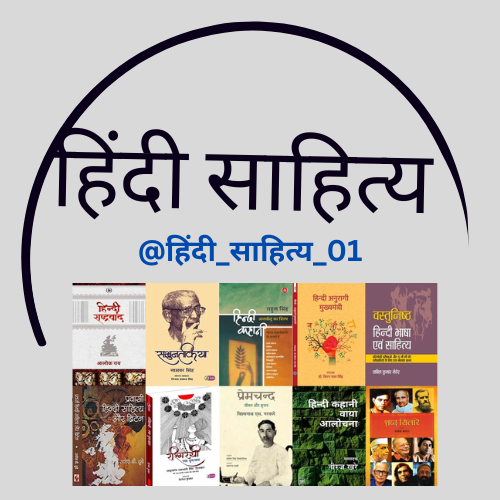
YouTube Channel Link:

YouTube Channel Link:

YouTube Channel Link:

YouTube Channel Link

